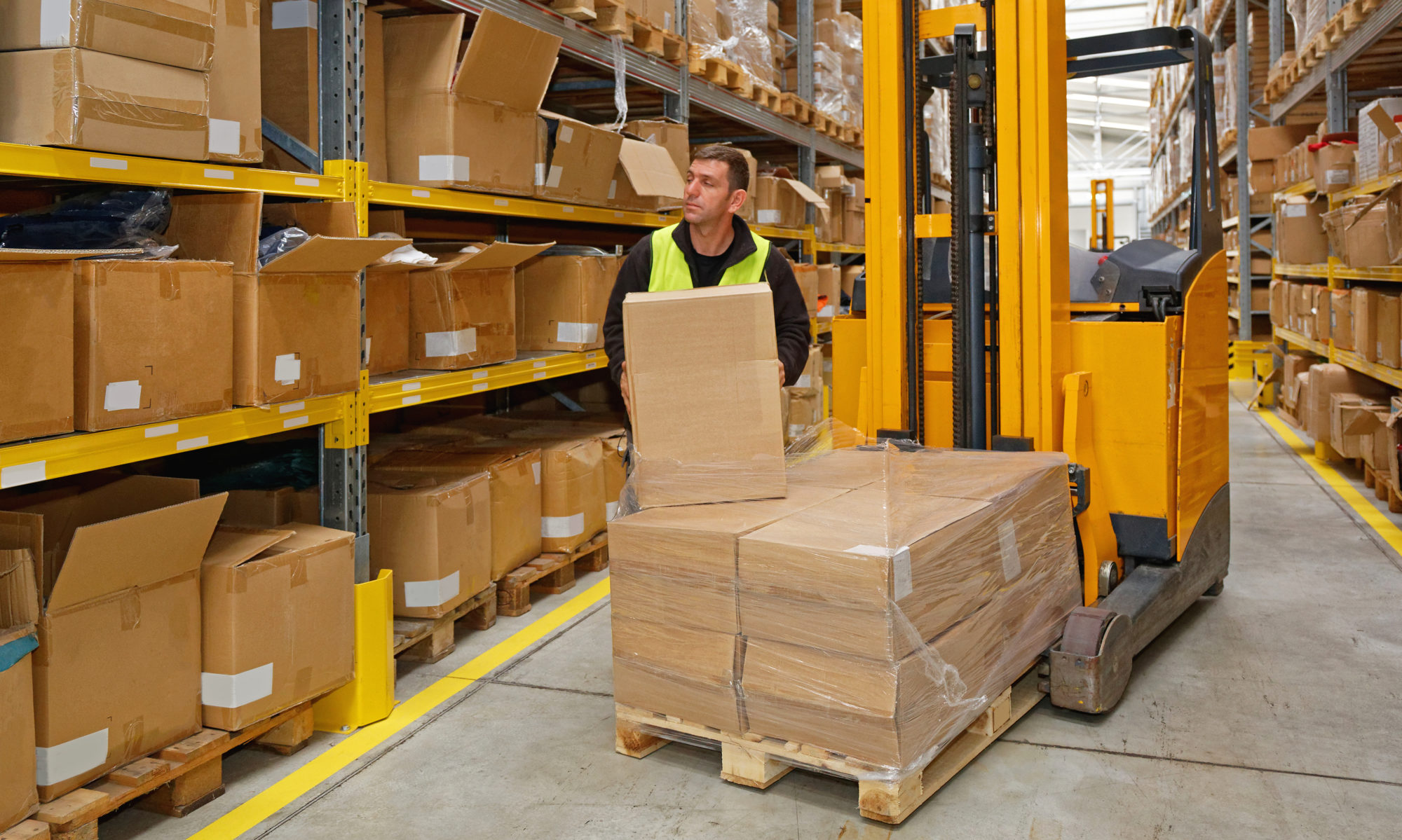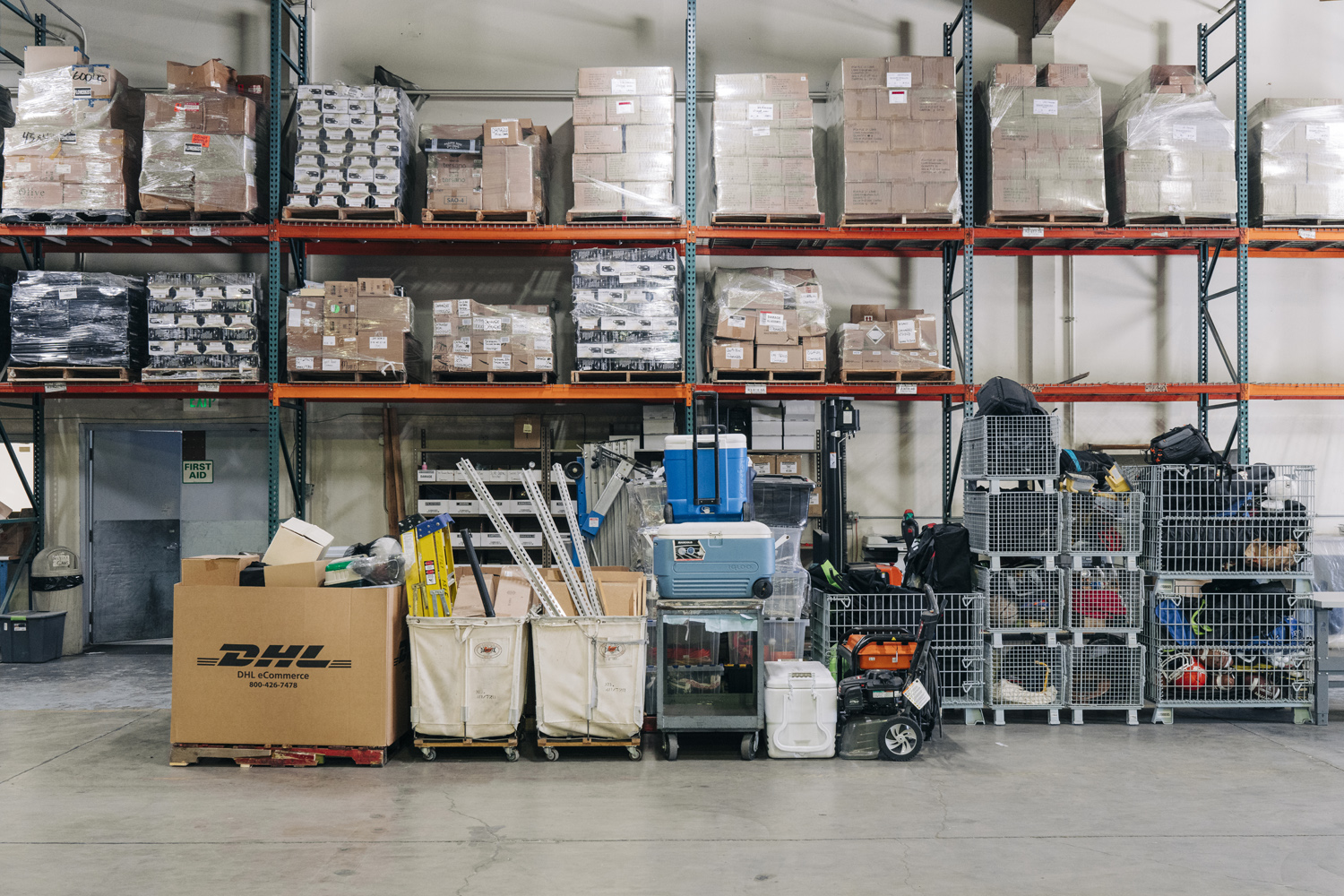As the owner of Medallion Fulfillment, I see a lot of products come and go through our fulfillment warehouse doors. The businesses that consistently keep our team busy packing and shipping orders all share one common trait: they know how to drive traffic to their online stores.
Building a beautiful website is only the first step. If no one visits your shop, the best products in the world will just sit on the shelves. Whether you are just starting out or looking to break through a sales plateau, understanding how to attract qualified visitors is essential for growth.
Traffic is the lifeblood of your ecommerce business. It brings potential customers to your virtual doorstep, boosts your brand’s visibility, and ultimately leads to the sales that keep companies like yours—and partners like mine—thriving. Here are the strategies I’ve seen work time and again for our most successful clients.
SEO Optimization: The Foundation of Visibility
Search Engine Optimization (SEO) might sound technical, but it is simply the process of making your store easy for search engines like Google to understand and recommend. When done right, it brings in “organic” traffic—visitors who find you naturally without you paying for every click.
Keyword Research
You can’t optimize your site if you don’t know what your customers are looking for. Keyword research involves identifying the specific terms and phrases potential buyers type into search engines.
Start by finding high-value keywords relevant to your niche. You want a mix of broad terms (like “running shoes”) and specific, long-tail keywords (like “women’s trail running shoes size 8”). Tools like Google Keyword Planner or SEMrush can help you uncover these terms. By weaving these keywords naturally into your product descriptions and pages, you signal to Google that your site has exactly what the searcher needs.
Meta and Alt Tags
These are the behind-the-scenes details that matter more than you think.
- Meta Tags: These include your page title and meta description. They are what users see in the search results. A compelling meta description acts like a mini-ad, enticing people to click on your link over a competitor’s.
- Alt Tags: These are descriptions applied to images. Since search engines can’t “see” pictures, alt tags tell them what the image is about. This not only helps with ranking but is crucial for accessibility, allowing visually impaired users to understand your content.
Header Tags
Structure matters. When I walk through our warehouse, I rely on clear signage to know where inventory is stored. Google relies on header tags (H1, H2, H3) to navigate your content.
- H1: This is your main title. It should include your primary keyword.
- H2 and H3: These are your subheadings. They break up text and make it easier for both humans and search bots to digest information.
Mobile Optimization
Smartphones account for a massive chunk of retail traffic—over 77% globally by some estimates. If your site is clunky or slow on a phone, visitors will leave instantly. Google also prioritizes mobile-friendly sites in its rankings. Ensure your design is responsive, meaning it adjusts seamlessly to any screen size, and check that your buttons are large enough to be tapped easily.
Content Marketing: providing Value First
Content marketing is about answering questions and solving problems before asking for a sale. It builds trust, and trust is what turns a visitor into a customer.
Blogging
A blog is one of the most effective tools for driving traffic. It allows you to target keywords that wouldn’t fit naturally on a product page. For example, if you sell camping gear, a product page sells a tent, but a blog post can explain “The Top 5 Campsites for Families.”
By creating valuable, engaging content, you position your brand as an industry expert. When people find your helpful guides, they are already halfway to trusting your products. Plus, fresh content gives search engines a reason to crawl your site more often, which can boost your overall rankings.
Social Media Marketing
Social media is where your customers hang out when they aren’t shopping. It is your chance to build a personality for your brand and engage directly with your audience.
Don’t just post product photos. Engage with your followers. Reply to comments, share user-generated content, and use stories to show the human side of your business. Each platform has its own vibe—Instagram and TikTok are visual and great for product demos, while LinkedIn might be better for B2B connections. The goal is to build a community that clicks through to your site not just because they want to buy, but because they like you.
Paid Advertising
While SEO creates long-term growth, paid advertising is like a faucet you can turn on for instant traffic. It allows you to place your products directly in front of high-intent shoppers.
Running targeted ad campaigns on Google or social media ensures your budget is spent on the right people. Google Shopping ads are particularly powerful for ecommerce because they show the product image and price right in the search results. Social media ads allow for incredible targeting precision, letting you show ads to people based on their interests, behaviors, and demographics.
Email Marketing
Most people won’t buy from you the first time they visit your site. That is why capturing their email address is vital.
Email marketing allows you to own your audience. You aren’t at the mercy of a social media algorithm. By building an email list, you can send targeted campaigns about new arrivals, sales, or helpful content directly to their inbox. It remains one of the highest ROI channels because you are marketing to people who have already raised their hand and said, “I’m interested.”
Influencer Marketing
People trust people more than they trust brands. Influencer marketing leverages this by having a trusted figure vouch for your product.
Collaborating with influencers allows you to tap into their established audience. You don’t always need a celebrity with millions of followers; often, “micro-influencers” with smaller, highly engaged followings in your specific niche deliver better results. When they share your product with their audience, it serves as social proof, driving high-quality traffic to your site that is primed to purchase.
Work with Medallion Fulfillment as Your Partner
Let’s face it: as your traffic strategies start to pay off, you are going to face a new challenge—fulfillment. Increased traffic leads to increased orders, and suddenly, you might find yourself spending more time packing boxes than growing your business.
That is where we come in.
At Medallion Fulfillment & Logistics, we handle the heavy lifting so you don’t have to. We specialize in working with growing businesses to manage their inventory, pick and pack orders, and ship them out quickly and accurately.
- Scalability: When your marketing campaign goes viral, we have the staff and space to handle the spike in volume without you breaking a sweat.
- Cost Savings: We have established relationships with carriers, often securing better shipping rates than you could get on your own.
- Customer Satisfaction: Fast, accurate shipping keeps those new customers coming back.
Partnering with an experienced fulfillment warehouse allows you to focus on what you do best—driving traffic and sales—while knowing the logistics are in expert hands.
Take the Next Step for Your Business
Driving traffic to your ecommerce website requires a mix of patience, strategy, and experimentation. You don’t have to do everything at once. Start with a solid SEO foundation, layer in some content marketing, and test the waters with paid ads.
Monitor your results, see what brings in the best customers, and double down on those strategies. And remember, when the orders start rolling in faster than you can pack them, Medallion Fulfillment is here to help you scale.
Contact us today to learn how our innovative, affordable fulfillment solutions can support your growing business.



